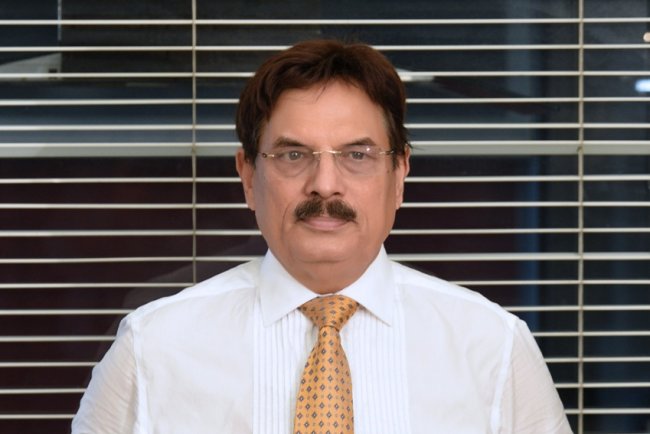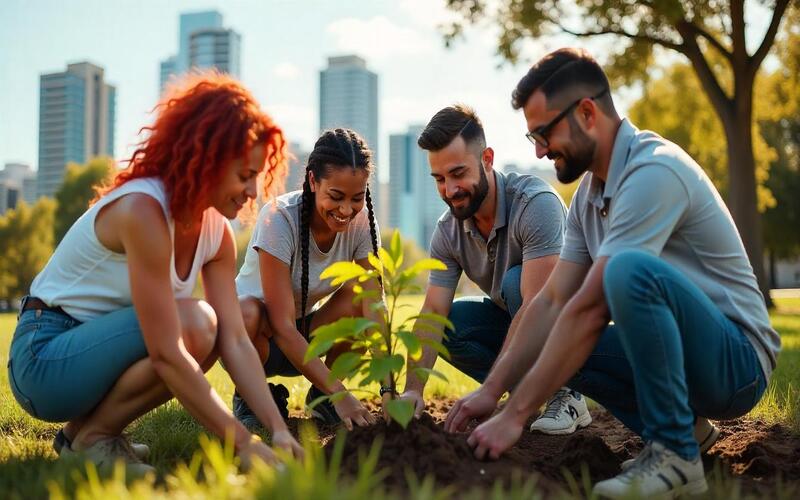We Are Building A 360° Sustainable Agri-ecosystem: Navneet Ravikar
Navneet Ravikar, CMD, Leads Connect and CEO of BL Agro, shares how the company is supporting farmers, integrating technology, and building a sustainable 360-degree ecosystem

Leads Connect Services, part of the BL Agro group and working independently with AgriTech and AgriFintech operations, is building a full ecosystem for farmers. Its focus lies in technology, sustainability, and financial support. From AI models that predict crop yield and risk to initiatives in bio-fertilisers, market access, and biofuel, the company is working to make farming more responsible and future-ready.
In this interview, Navneet Ravikar, CMD of Leads Connect and CEO of BL Agro, shares how the company is supporting farmers, integrating technology, and building a sustainable 360-degree ecosystem.
Leads Connect Services is working closely with farmers and the agri ecosystem. Can you share your vision for building a sustainable farming model?
How are you engaging with farmers on the ground to introduce new technologies and practices?
We use both digital and physical touchpoints. And we are essentially connecting with them through Gram Sabhas and Kisan Sabhas. So, we connect with farmers, and there are scientists and experts who are on the ground who go and explain the technology to the farmers. So, that is what they are basically being talked to, and they are trained about.
Technology and AI are becoming central to agriculture. How is your predictive model helping farmers and other stakeholders?
One of our biggest innovations is our AI-powered predictive model. It forecasts vulnerabilities like crop diseases and predicts yields even before harvest. This information is crucial for farmers and for banks, insurers, and other stakeholders to understand risks. We are already working with the Government of India and the Government of Uttar Pradesh to implement this digital agriculture model.
Farmers often hesitate to adopt new technologies. How are you addressing this challenge?
Sustainability is a big part of your model. What are some initiatives in this space?
We are building a 360-degree model where farmers can sell not just crops but also biomass. We plan to set up CBG plants that will use crop residue, helping reduce stubble burning while generating energy. This circular economy approach benefits farmers, cities, and the environment. In addition, we are investing in water treatment technologies to ensure clean water access.
Biomass pricing has been debated recently. Do you see a need for policy intervention?
There needs to be a proper biomass policy and government intervention. Our own study says that this will only work if it is a circular economy because success depends on building a circular economy where agriculture, animal farming, and biofuel plants are interconnected. Only then will biomass projects be sustainable and profitable for farmers.
What are the next steps for Leads Connect Services and your broader ecosystem initiatives?
What's Your Reaction?

















